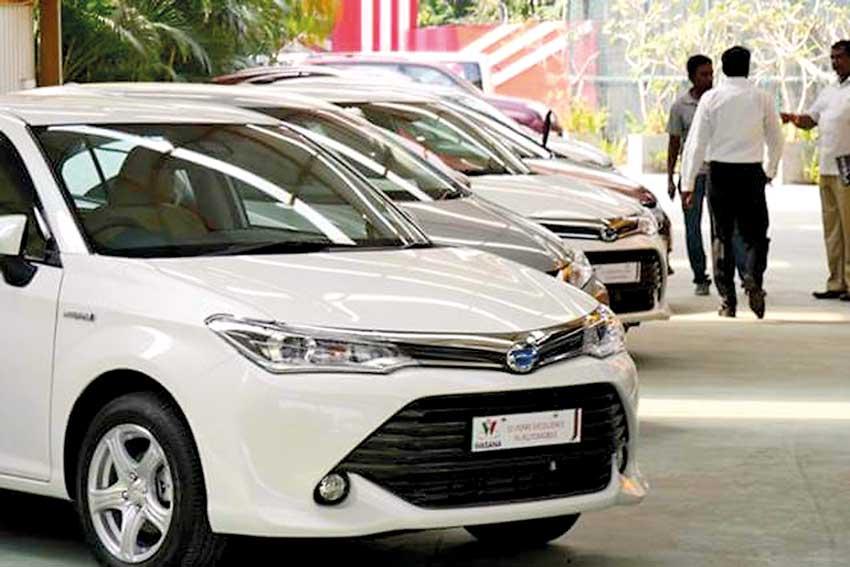Reply To:
Name - Reply Comment

Vehicle registrations fell by nearly 40 percent during January through April as import controls went into effect from mid-March and the lockdowns prevented new registrations during April, according to Department of Motor Traffic data.
The Department registered 80, 649 units of motor vehicles of all categories during the first four months, with zero registrations in April, compared to 131, 035 units registered in the corresponding period in 2019.
Central Bank on March 19 clamped down on vehicle imports by suspending all types of vehicle imports for three months, other than those excluded specifically under the Banking Act Directions No.01 of 2020 under letters of credit, among other curbs on imports of non-essential items to alleviate the virus’ toll on the country’s foreign exchange reserves as inflows came under pressure due to disruptions to the supply chains and impaired demand.
Such import controls were extended for another six months last week.
Vehicle imports showed signs of picking up on a year-on-year basis with the easing credit conditions since January this year before the pandemic-induced controls were imposed.
February saw a 5.1 percent increase in the total number of new vehicle registrations from a year ago to 31, 801 units before the numbers crashed in March hitting a low of 13, 653 units, falling from 35, 830 units in the same month in 2019.
During the four months, motor car registrations fell by 38 percent to 8, 602 units from 13, 913 units in the same period last year.
The number of dual purpose vehicles, including single cabs registered during the period was 3, 831 units, down 13.5 percent from 4,429 units in the same period
last year.
Meanwhile, three-wheeler registrations fell by 41 percent to 4,012 units from 6, 793 units in the corresponding period in 2019.
Motorcycles, which accounted for the bulk of the imports and registrations, fell by 39 percent to 61, 186 units compared to 100, 247 units in the same four months last year.
As new vehicle imports are barred for six more months, it provides a window of opportunity for the financial services sector to channel their funds to targeted development-oriented sectors, which will enhance the country’s output.
Meanwhile, policymakers can expedite the work on sustainable mass transit systems in the major metropolitan areas in the country to ease congestion and save millions of dollars going out of the country for vehicles and fuel used to power those vehicles, while enhancing the quality of life of the people.